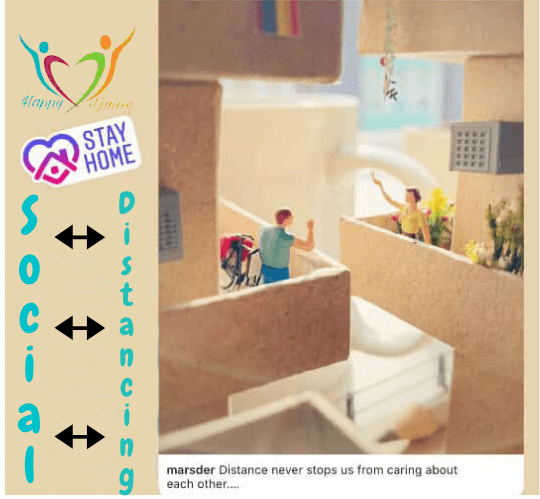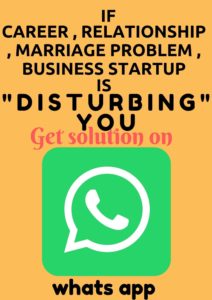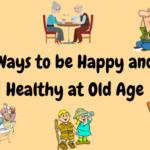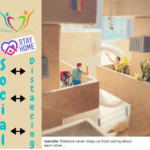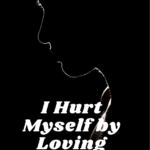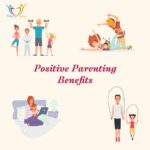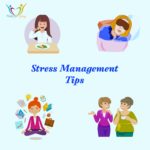Social Distancing
Social distancing is about creating physical distance between people. Social distancing is most effective when considered as a social health strategy. Wherein people think about how they can limit their own social interactions. At the community level closing schools, workplaces and events cancellation with large gatherings. We need to take social distancing very seriously. Avoid any unnecessary risks that would put us in close contact with groups of other people.
A few ground rules will be more helpful. Ask yourself: Am I going to be closer than 1 meter (3 feet) of someone else at any time? Am I going to be touching objects that are not cleaned or that other people touch? In these times, we all should limit close contact, to family members only. This means no marriage parties, no office parties, no birthday parties even with a few friends. Here are some ideas, these might help you to maintain social distancing
Stay at Home
Please don’t leave your home unless it’snecessary. Don’t socialize with people outside your family. During a stay at hometime, you should go outside only for essentials. To pick up groceries or medicines — but you should limit those trips to no more than once a week if possible. Essential service providers medical,police, sanitation and grocery worker can go to work.
There is a bright spot. In most cases, a stay at home time allows you to walk the dog or exercise outside (for brief periods). If you keep a 1-meter (3 feet) distance from others. Avoid any face to face contact for some time, even with your near ones in the family.
Self-Examining
Self-examining is for them who learn they might have exposure to the virus. They could have had only distant contact with the infected person. Check your temperature on regular intervals and look for signs of coronavirus infection. Including fever, shortness of breath, sore throat and dry coughing. A person self-examining should already be staying home and limiting interactions with others. If you develop shortness of breath, sore throat and dry coughing. Seek medical advice promptly as this may be due to infection.
Self-Quarantine
This is to separate and restrict the movement of someone who is well. But who recently had close contact with a person who was later diagnosed with the virus. A person in self-quarantine should follow all the rules of stay at home. They should avoid going to shops or interacting with the public. Even on a limited basis during a 14-day period. A person should sleep in a separate space from other family members.
Self-Isolation
Isolation is to separate a person who has a diagnosed case or someone who has distinct symptoms. These include shortness of breath, sore throat and dry coughing. But hasn’t yet tested or received test results. Everyone else in the household should self-quarantine. A person in isolation should confine to a separate room. With no contact with the rest of the house this includes pets (if any). He or she can pick food from the door provided by the family or caregiver. And use a separate bathroom if possible or sanitize a shared bathroom after using it. Chances are a sick person might feel a bit miserable.
Mandatory Quarantine
A government-imposed lockdown on a community. This has happened in many countries, in which movements are severelyrestricted. People can still go out for essentials services. They can do so only under strict conditions. Specific schedule imposed by public safety officials should be following. Everyone who lives in an area under quarantine should follow the instruction.
We can fight this by regular and thorough cleaning of our hands. With an alcohol-based hand rub or wash them with soap and water. Washing our hands with soap and water or using alcohol-based hand rub kills viruses that may be on our hands. It’s not just about you, it’s about realizing that we all have a part to play in keeping others healthy.
Thank you, for taking out your precious time to read.
Happy Living Foundation provides Couple Counseling, Pre-Wedding Consultation. We also provide counselling for Depression, Stress Management, Career Counseling, Behavior Modification. If you are living in Delhi NCR, India or any other part of the World, you can approach us through any of these mediums. Please visit Happy Living Foundation or call us at +91-9810885481
Author
Hitesh Mohan
Licensed Psychologist

